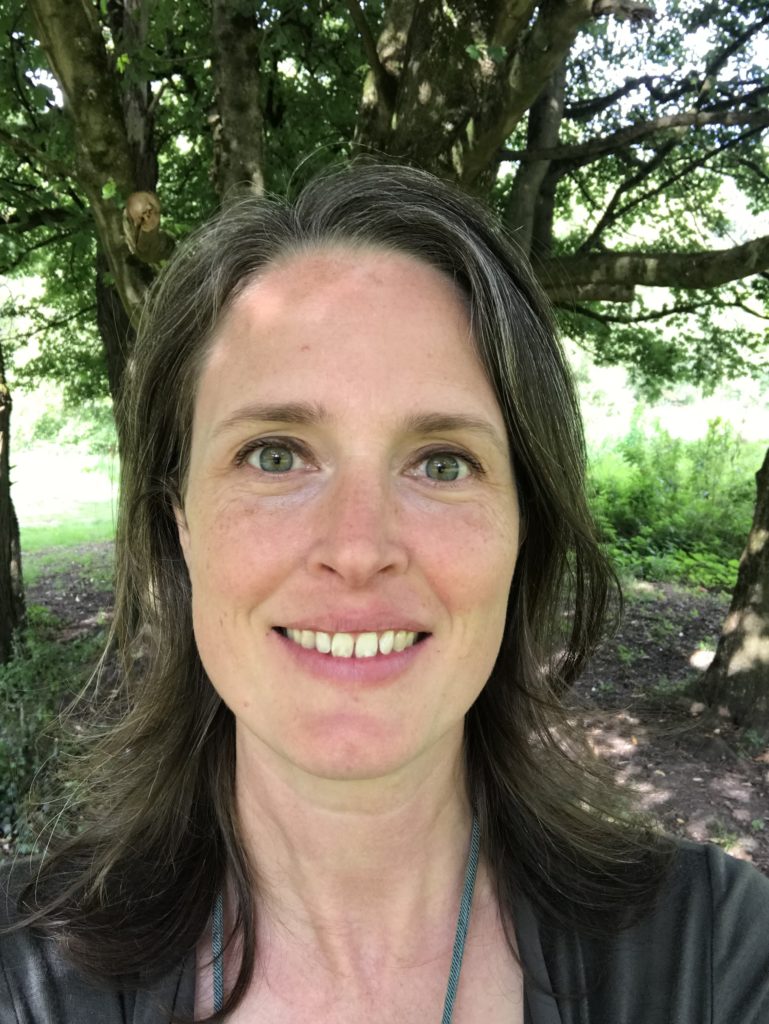Holidays are now well behind us and lots of things are happening locally and nationally around SEND and inclusion. The first thing to note is that it is now very widely accepted that the SEND system is flawed and in crisis. Many parents/carers and professionals have known this for some time now. It can be a lonely and dispiriting thing to feel like you are the only one flagging the problems. At least when there is a consensus up and down the land and in the corridors of power, it means that challenges are being taken seriously and solutions may be on the horizon. Some of the recent reports include:
National Audit Office – The auditors for central government have flagged an urgent need for DfE to review escalating costs and lack of plans to improve the SEND system.
Public Accounts Committee – This influential committee has set expectations that the Department for Education will take rapid action to better understand why demand for EHCPs has soared and what they are going to do to differently to manage spiralling costs that are going to bankrupt almost half of all local authorities next year
Local Government Association – ISOS Partnership have produced a very long research report for the LGA outlining the factors that have created the crisis and describing some possible solutions. The rise in either awareness or prevalence of Autism, ADHD and mental ill-health is a key trend which is reflected globally, not just nationally.
Institute of Fiscal Studies – This expert finance organisation has looked at the spending crisis and concluded that change is essential but likely only achievable by groups of schools in local areas working together to find different models that work better for children.
In Somerset, we’re not waiting for government to find all the answers. It’s important that we are clear-sighted about our local challenges and be prepared to act now to make things better here.
One step we have taken is to reorganise our council teams. I would like to recognise the incredible tenacity and professionalism of all my teams through this difficult time. While we are reducing our workforce slightly, this is coming from slimming down the number of managers and advisors we have, and we have significantly expanded the number of roles we have that will be asked to work directly with children, families and parents/carers. Our focus going forward will be on spending less time in meetings and more time in action giving the intensive focus that is needed to resolve the most challenging scenarios. Roles like Learning Mentors, Education Engagement Officers and Transition Workers (formerly CAOT) are being increased in number so more children and families can benefit from direct support. The need will still probably be greater than the resource, at least in the short term, but with focus and determination we want to see positive solutions coming forward more often.
I would also like to flag the exciting work being done as part of a pilot in the Yeovil area, bringing together school and other education leaders to think creatively about the need for specialist places in the area that far exceeds capacity. Many parents and carers have told us that their preferred goal is a successful education for their child in a mainstream school. While this isn’t right for every child, if we could create more options that had specialist skills in a mainstream context, that might be a lifeline for some children. The response from schools in Yeovil has been superb, with so much energy and creativity, so I look forward to this developing. We are considering rolling this out to other areas soon.

